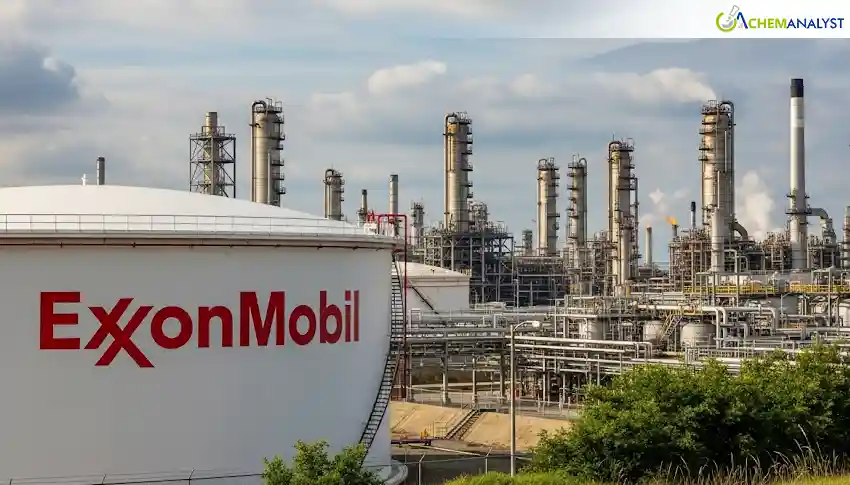Welcome To ChemAnalyst

ExxonMobil may divest European chemical assets worth $1 billion, driven by tariffs, high energy costs, and growing Chinese competition.
ExxonMobil Corp. is reportedly weighing the possibility of selling its European chemical operations, which include several plastics-related facilities located in Belgium and the United Kingdom. According to multiple Media reports published on Sept. 4, the discussions are still in their preliminary stages, but the potential transaction could reach a value of up to $1 billion. Media Reports highlighted that the European chemical sector is currently under significant pressure, “reeling from the impact of U.S. tariffs and growing competition from China.”
Several media reports indicated that the Houston-based energy and chemical giant has engaged in early-stage talks with advisers in recent weeks to explore potential divestiture options. As of now, ExxonMobil officials have not issued any public statements or comments in response to the Media reports.
ExxonMobil’s European chemical portfolio is substantial, covering major sites in Antwerp, Belgium; Fife, Scotland; and Fawley, England. Each of these facilities plays a crucial role in the region’s petrochemical and plastics production landscape.
In Antwerp, ExxonMobil operates two plants specializing in the production of low-density polyethylene resin, an essential material used in packaging and films. The site also includes an oil refinery and production lines dedicated to lubricants and liquid hydrocarbons. This diversified facility has long been considered one of ExxonMobil’s strategic hubs in continental Europe.
The company’s Fife facility in Scotland centers on steam cracker operations, which convert feedstocks into ethylene—a critical raw material for the plastics industry. Ethylene serves as the backbone for numerous chemical processes and is vital for the production of polyethylene, one of the most widely used plastics worldwide.
Meanwhile, the Fawley complex in southern England stands out as the United Kingdom’s largest integrated petrochemical site. Spanning over 3,000 acres, the site employs approximately 2,500 workers. Its extensive operations produce not only lubricants and butyl rubber but also essential fuels such as gasoline, diesel, and aviation fuel. The scale and workforce at Fawley underscore the strategic importance of this site to both ExxonMobil and the U.K. chemical sector.
The potential sale comes at a time when Europe’s chemical and plastics industries are facing mounting challenges. Over the past year, several global companies have either scaled back or entirely shut down their plastics-related operations in Europe. Key factors driving these decisions include persistently high energy costs, unfavorable market dynamics, and stiff global competition. These pressures have made it increasingly difficult for producers to maintain profitability in the region.
As one of the world’s largest producers of oil, natural gas, ethylene, polyethylene resins, and specialty plastics, ExxonMobil’s possible divestiture would mark a significant shift in its European strategy. While no final decisions have been confirmed, Media reports suggest the company is seriously evaluating its options in response to the evolving global market environment.
We use cookies to deliver the best possible experience on our website. To learn more, visit our Privacy Policy. By continuing to use this site or by closing this box, you consent to our use of cookies. More info.
